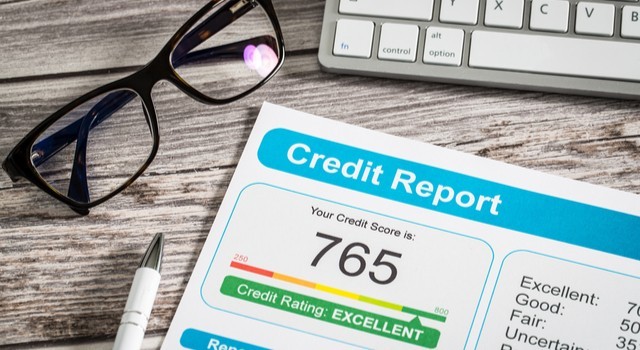If you personally guarantee a loan it means you’re committing to repaying any outstanding balance in full in the event of default. In practice this might require the sale of one or more of your assets, or in some instances repayment could involve using your cash or savings. Many lenders are reluctant to grant borrowing to individuals without this form of security, or third party guarantee that the loan will be paid if the borrower finds they cannot manage the repayments at any stage.
Why do lenders require a guarantor?
Lenders request personal guarantees to reduce their own risk from lending. If a customer defaults on a loan, it’s much easier for them to recoup their money if the borrower has officially promised to settle the debt. Sometimes a third party will personally guarantee a loan, which can smooth the way for those with a poor credit record or no credit history at all to borrow money. It’s often the case that younger borrowers who haven’t yet built up a credit history ask a parent to guarantee their loan, for example. These transactions may run smoothly throughout the full term of the loan with no requirement for the guarantor to repay, but what happens if you’ve provided a personal guarantee and you’re worried that it’s going to be called upon?
What can I do if I have concerns about a personal guarantee?
If you’re worried about a personally guaranteed loan, whether that’s in relation to your own borrowing or you’re a guarantor for a friend or family member, you need to find out the extent to which you’re liable. You may be able to do so simply by checking the paperwork, but a clearer picture will be obtained by speaking to the lender. They’ll be able to clarify your position and let you know whether they’d be open to negotiation for paying in instalments rather than a lump sum. If so, this would negate the need to sell your asset if one has been used to guarantee the original borrowing, and reduce the considerable financial pressure that occurs when a personal guarantee is called upon.
What if you can’t afford to pay the outstanding debt?
If you can’t afford to pay the sum required under the personal guarantee, you may need to consider one of the debt relief procedures that are available in Scotland. These include the Debt Arrangement Scheme, Debt Management Plan, Scottish Trust Deeds, and Sequestration. Each procedure has its own eligibility criteria and your own personal circumstances - whether you have a regular income, for example - influence their suitability. If you find that satisfying the terms of your personal guarantee is impossible, it’s crucial to seek professional debt help straight away.
Scotland Debt Solutions specialise in helping Scottish residents deal with debt, and we can offer a free consultation to assess your situation. We’ll identify your options and provide reliable unbiased advice on how to proceed. We work from a number of offices around Scotland - please call one of our expert team to find out more.





